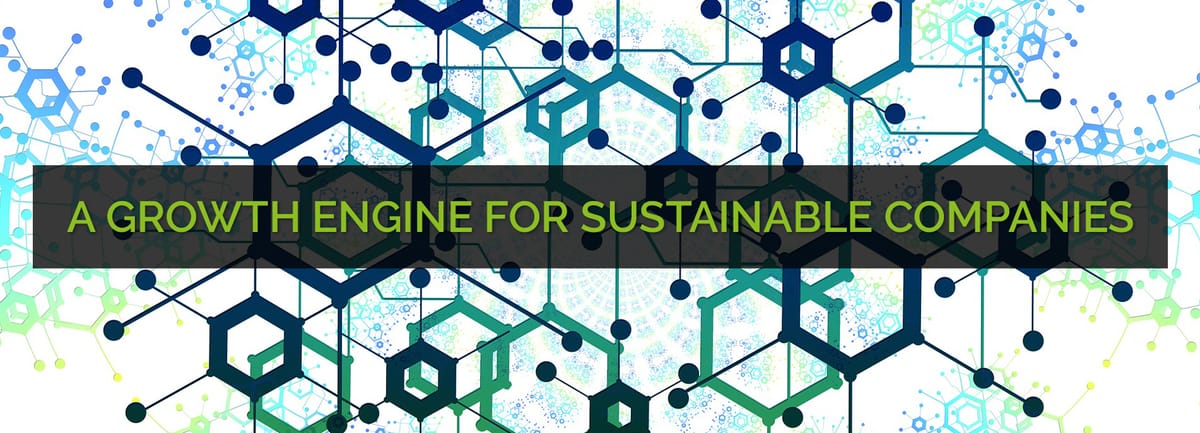Remember to dance 'with them what brung you'

No business can be static nowadays: technology, people’s expectations, the world in general are all simply changing too quickly. A business that still has a 2006 mindset in 2016 has a good chance of not being around in a couple of years, much less 10 years from now.
On the other hand, enterprises that reinvent themselves too dramatically — shift gears too quickly — in an attempt to grab new markets risk losing the customers that got them to the present day. As an old and oft-repeated saying from Texas says, “You got to dance with them what brung you.”
In its latest Earned Brand Study, for example, the communications marketing firm Edelman found there’s a big difference between customers who are “involved” and customers who are “committed” to a business.
“Commitment cannot be bought, it must be earned,” said Richard Edelman, the company’s president and CEO.
At the same time, however, companies that change and innovate too quickly risk driving customers away rather than winning their commitment.
“Brands need innovation, but do it in a way that doesn’t freak people out,” Edelman said.
A classic example of this is Coca-Cola, which — in an effort to win back a growing number of customers who had switched to drinking Pepsi — introduced “New Coke” in 1985. Although the new drink formula had performed well in blind taste tests, loyal Coke drinkers were soon rejecting the reinvented version in droves and demanding the company bring back the old recipe. “New Coke” was finally laid to rest for good in 2002.
A more recent, though not nearly so dramatic illustration of the importance of honoring your company’s roots, appeared this week when Facebook announced it was again making alterations to how updated items are ranked on a user’s News Feed. This latest change, however, put the focus on the company’s core mission from its earliest days: providing a way for people to stay up to date with news from friends and family members.
“Facebook was built on the idea of connecting people with their friends and family,” wrote Adam Mosseri, vice president of product management for News Feed. That’s why the company ranks News Feed items using an algorithm that prioritizes updates from users’ closest connections, he said.
“Our aim is to deliver the types of stories we’ve gotten feedback that an individual person most wants to see,” Mosseri said. “We do this not only because we believe it’s the right thing but also because it’s good for our business. When people see content they are interested in, they are more likely to spend time on News Feed and enjoy their experience.”
That’s a smart approach for any business, especially today, when innovation is so easy and customer data so plentiful that it seems there’s always potential for new product lines, new directions, new markets. Intelligent, well-thought-out change might be good for business, but so is always remembering to “dance with them what brung you.”




